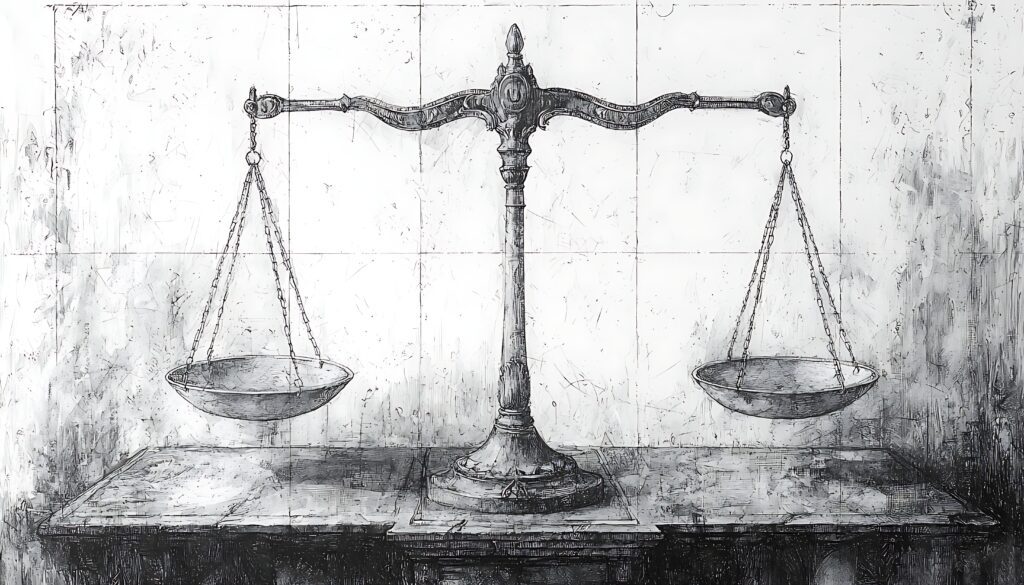In recent years, the issue of precarious employment within European Union institutions has garnered increasing attention. From contract agents and temporary staff to internal and external consultants, a growing share of the EU workforce operates under conditions of uncertainty, limited job security, and constrained career prospects. While much of the conversation around precariousness rightly focuses on the socioeconomic vulnerabilities it creates, an equally vital—yet often overlooked—dimension is its impact on the principle of impartiality.
Often viewed as a technical or procedural matter, impartiality takes on a far deeper significance when considered alongside the growing precariousness affecting many EU staff—be they contract agents, temporary staff, or officials facing unequal treatment.
In this edition, we return to a theme that is central not only to staff rights but to the very credibility of the EU institutions: impartiality
As the cases presented in this issue clearly demonstrate, impartiality is not always assured. Whether in disciplinary proceedings, appraisal systems, or invalidity decisions, the lack of structural safeguards and unequal power dynamics can undermine the fairness of internal processes. And for those in more vulnerable positions, the consequences can be especially severe.
Union Syndicale has consistently raised these concerns—not only in legal terms, but in relation to the lived experiences of our colleagues. Impartiality is not just a principle written into the Charter of Fundamental Rights or the Staff Regulations. It is a concrete obligation—a rule the institutions have set for themselves, and one they must uphold with consistency and accountability.
Highlighting this theme now serves as a timely reminder to the institutions of their own commitments. The rule of law, ethics, and transparency must apply equally, regardless of contract type or status. In a public administration, impartiality should never be treated as a privilege; it is, and must remain, a foundational pillar of the European civil service.
Through the legal rulings explored in this issue, we shed light on an essential truth: precariousness in EU institutions does not only concern contracts or job security—it has a direct impact on how justice is delivered, rights are protected, and trust in internal systems is maintained.
Impartiality is not separate from precariousness. It is one of its clearest—and most urgent—tests.






